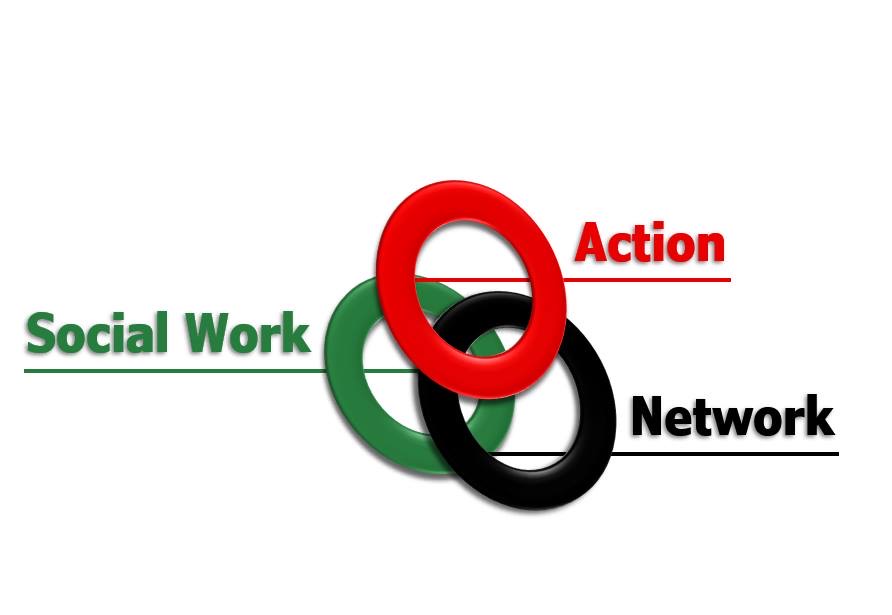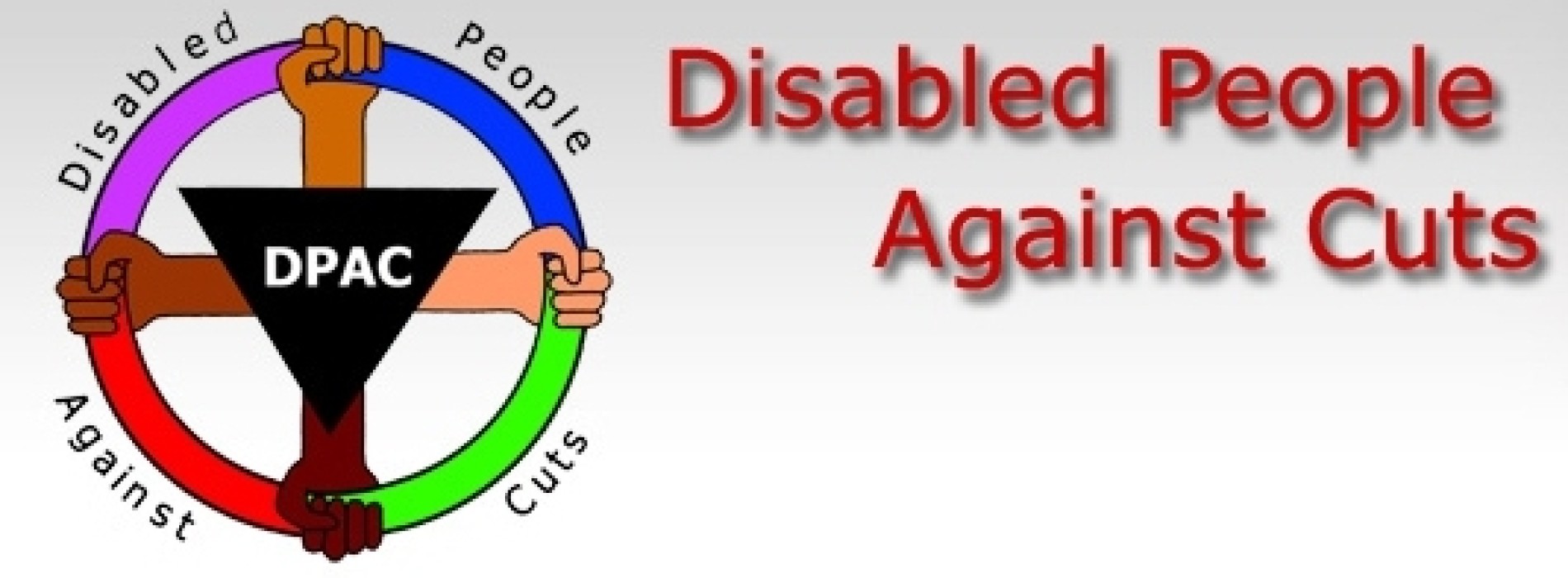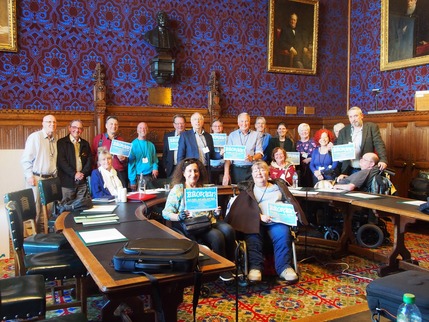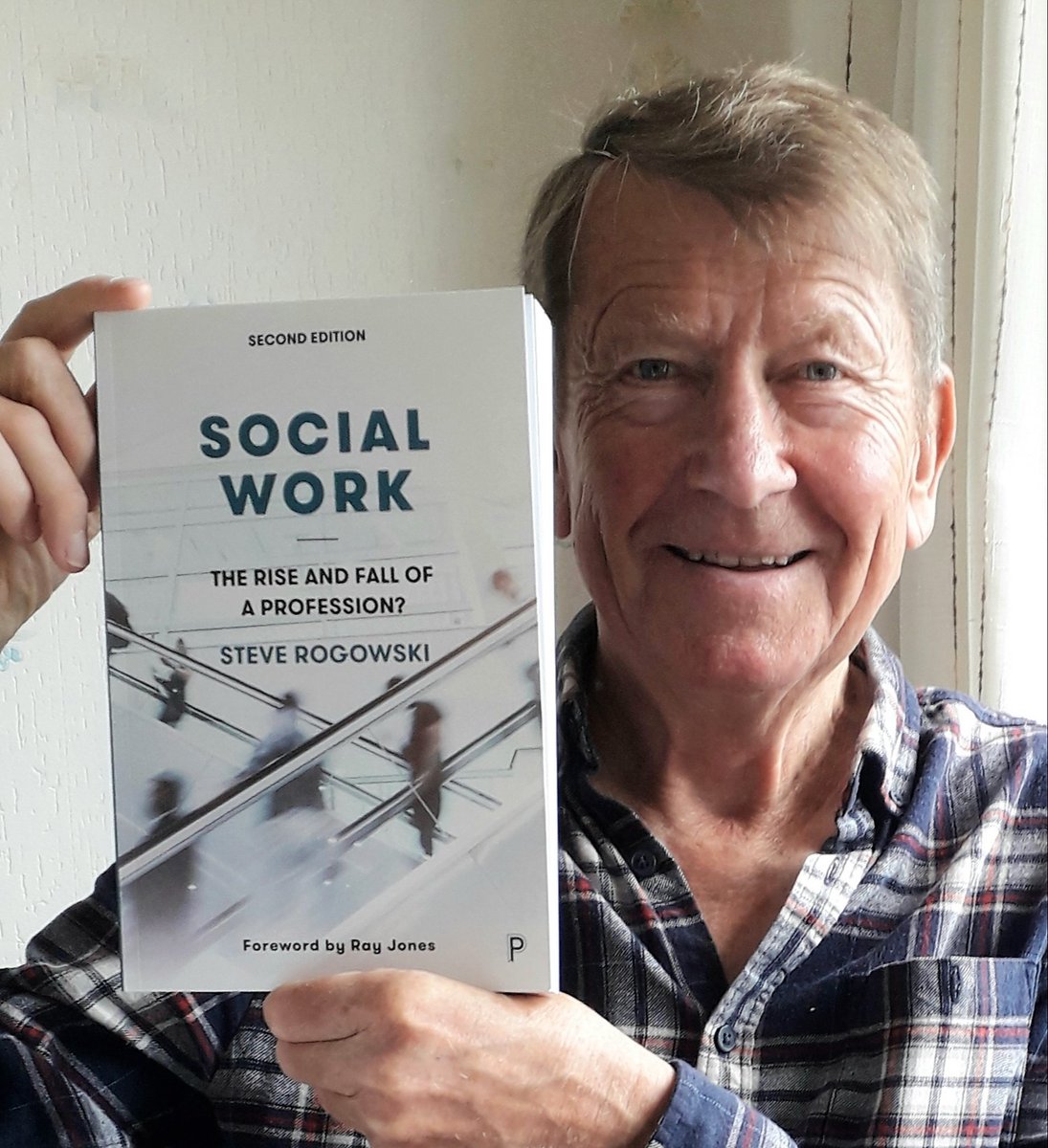Many disabled people have for as long as 30 years used PAs and Care Workers from the EU and EEA countries as well as from countries further afield. This has increased their choice and control over the care they receive and for many has been invaluable.
One of the many negative outcomes of taking back control of our borders after Brexit is the loss of freedom of movement for EU and EEA workers especially for anyone from those countries who weren’t working in the UK prior to December 31st 2020 and who aren’t able to apply therefore for pre-settled or Frontier Worker status.
At the moment the new style immigration policy appears to offer no option at all for care workers from other parts of the world to come and work here. The government has refused to class them as skilled workers or class them as a shortage occupation.
We are asking disabled people, their family, friends, DDPOs and our supporters to sign up to support the letter below asking that Care Workers and PAs are classed as a shortage occupation and/or can continue to apply to work in the UK with Frontier Workers status which basically would allow them to come here to work while primarily living in their home nations.
We will collect signatures to our letter until February 7th and then plan to send it to members of the Migration Advisory Committee which advises the government on shortage occupations plus ministers, MPs and Lords.
To sign up to the letter please email us at mail@dpac.uk.net
We would like to keep your details so that we can contact you further about supporting changes to the current guidelines as we’re sure we will need to exert further pressure on the government to get the changes needed.
Letter
As disabled people who use care workers and personal assistants (PAs) from both the UK and many other parts of the globe including from EU countries, we are concerned that we appear to no longer have the opportunity to employ new staff from outside of the UK.
We are urging you to include care workers as a shortage occupation as well as extending the Frontier Worker scheme to include new employed and self-employed care workers both from EU and EEA countries and extending this to care workers from outside of the EU.
As service users, their family. Friends, and supporters we know from many years of personal experience that it is vital to have every path open to enable the recruitment and retention of staff with the key values, behaviours, personality, client synergy and skill set to deliver high quality, safe, and value-for-money services. As recipients of social care, we know that it is not possible for just anyone to become a satisfactory care worker/PA.
Figures show there is already a dramatic shortage of skilled care workers and PAs in the UK, and these changes will exacerbate the overwhelming pressures our care system already faces. The provision of quality care is important to the mental and physical wellbeing of a vast swathe of the UK’s disabled and older people – who are often denied rights and opportunities many take for granted.
The majority of this industry workforce do not wish to relocate to reside in the UK permanently and come here to work for a fixed period of time and then return home. They contribute to the GDP through taxation and purchasing goods and services. Loss of such workers will exacerbate the overwhelming pressures our care system already faces.
Many of these workers perform skilled tasks similar to Nursing and Health Care Assistants who are able to continue working in the UK.
ONS figures estimate there are 112,000 unfilled vacancies at any one time in the Adult Social Care sector – a rate of 8% – compared to an overall vacancy rate of 2.7% across the UK economy as a whole.
In 2019-2020, 143,000 care workers and PAs left the industry, and the retention rate is worryingly low, particularly during the first year of working.
27 per cent of Adult Social Care Workers are aged over 55 and will need to be replaced in the future as they age or become unable to continue with physically demanding work.
Skills for Care estimates that 56 percent of the adult social care workforce are non-UK workers coming to the UK from abroad to work. PA Pool, an organisation set up to help disabled and older people recruit PAs, has an almost 50 per cent split between UK and non-UK staff. This means they could lose up to half of their potential workforce due to the current changes. Independent Living Alternatives, another PA agency, say that for traditional live-in staff 60 per cent of their workers are from the EU and only 28 per cent from the UK.
While it appears any EU and EEA staff working in the UK by December 31st, 2020 have the option to apply for pre-settled status, or for Frontier Worker status if they do not wish to later apply to settle here until June 30th 2021, there is at present no option for these schemes to be extended to new staff who weren’t working in the UK by December 31st 2020 which we feel it is vital to have. Due to all the factors outlined above, we feel this is essential to prevent a social care ticking time bomb, which will result in a devastating shortage of skilled, qualified care workers, increasing pressure on our already crumbling social care system and putting disabled people’s lives at risk as well as increasing both pressure and avoidable expense on our NHS.
Limiting the employment opportunities in social care poses a grave danger that many disabled people who have spent over 12 months shielding will end up losing their freedom, independence and quality of life which has been the sole factor keeping them going through the past months. Ensuring disabled people have the right to continue employing the skilled care workers they rely on must be a priority.
In conclusion we are urging you to make care work a shortage occupation and extend the Frontier Worker scheme to include new self-employed staff from inside the EU and EEA areas as well as from outside of the EU.



